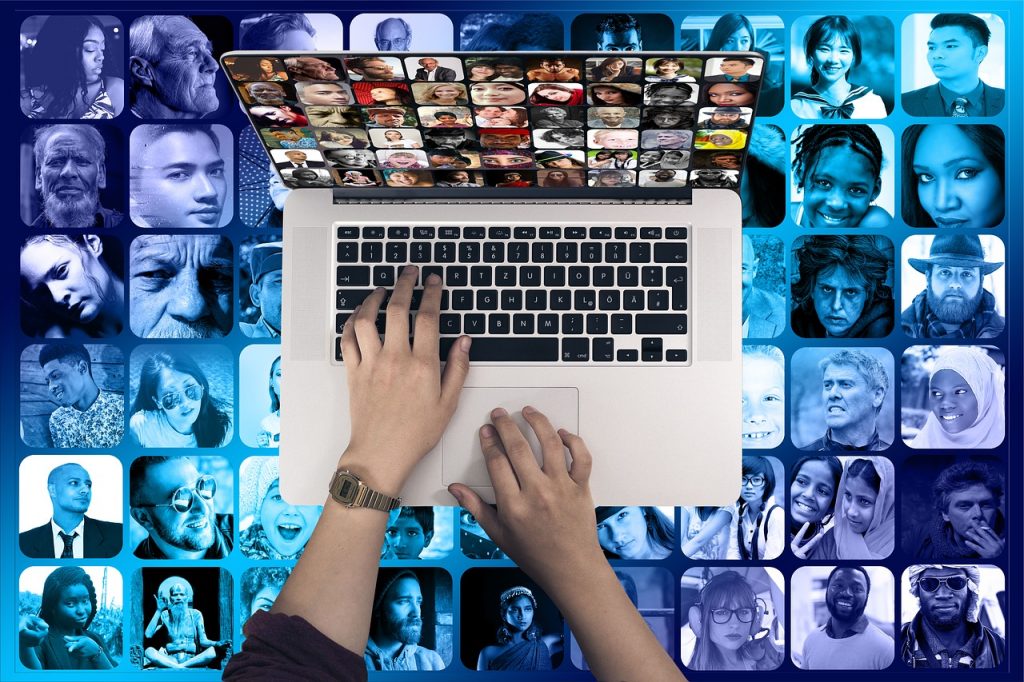The Massive Faux Pas Social Media Sites Are Allegedly Guilty Of
Social Media sites are allegedly failing to do right by some people, and one organization is putting a spotlight on the faux pas.

Social media platforms have members from around the world, connecting all of us through a quick tap of a finger. Though incessant information and infinite knowledge are wonderful, having access to other people’s opinions can sometimes do more harm than good. Though social media sites like Twitter and Facebook have specific guidelines that regulate content, some misinformation, hate speech, and threats evade the algorithm. GLAAD, an American media monitoring organization specializing in uplifting the LGBTQ community, has recently released a study that holds many social media platforms responsible for ongoing homophobia and transphobia.
Every year, GLAAD releases a Social Media Safety Index to showcase the most queer-friendly social media platforms. The 2022 index was far from a success, finding significant issues with almost every primary media site. The index analyzes many factors, including gender pronoun options, protections for LGBTQ people from hate and harassment, and policies that reduce harmful advertisements. Each site was ranked out of 100, and none of the platforms got above 50. Instagram topped the mediocre list at 48% on the GLAAD index.
TikTok came in dead last on the Social Media Safety Index, clocking it at 43%. GLAAD president and CEO Sarah Kate Ellis elaborated on the index’s concerning results. Noting recent upticks in homophobic and transphobic attacks, Ellis stated that online “real-life harmful effects of anti-LGBTQ rhetoric” are a factor in 2022’s increased violence. Holding social media platforms accountable is essential since media can affect the way people perceive marginalized communities. Ellis urges social media executives to instill better policies on their platforms that protect the LGBTQ+ people more effectively.
The first company to comment on GLAAD’s index was Meta, the parent company of Facebook and Instagram. The spokesperson for Meta addressed the claim that Facebook and Instagram weren’t LGBTQ friendly, stating that each platform prohibits anti-LBGTQ rhetoric and hate speech. But, as the index showcases, platforms need to do more than eliminate hate speech to create a safer site for queer people. Instilling more diverse gender options and removing malicious advertisements are other crucial steps in this process, which Meta has yet to comment on. Twitter, YouTube, and TikTok haven’t responded to GLAAD’s claim about their LGBTQ safety policies.
Recently, violent altercations at various Pride events and a push to enact anti-trans legislation have stifled LGBTQ acceptance and freedom in America. Ellis believes that people on social media, and the administrators who have poor regulation tactics, are responsible for concerning misinformation and recent threats to LBGTQ people. Sites like TikTok regularly add anti-LGBTQ content creators to the algorithm, even though the platform boasts of having strict content regulations. Ellis firmly says that social media platforms have the willpower to create safer spaces online for their LGBTQ users but refuse to do so. Corporate greed and monetary sponsorships are likely the culprits for humungous media companies refusing to instill helpful anti-hate policies on their apps.
Social media platforms have undeniably valuable benefits. They can give a voice to the silenced and spread needed information to those who wouldn’t have had access previously. But with the pros come a handful of cons. Often, these large companies let corporate interests impact their safety policies, which has allowed malicious disinformation about LGBTQ+ people to spread online.











